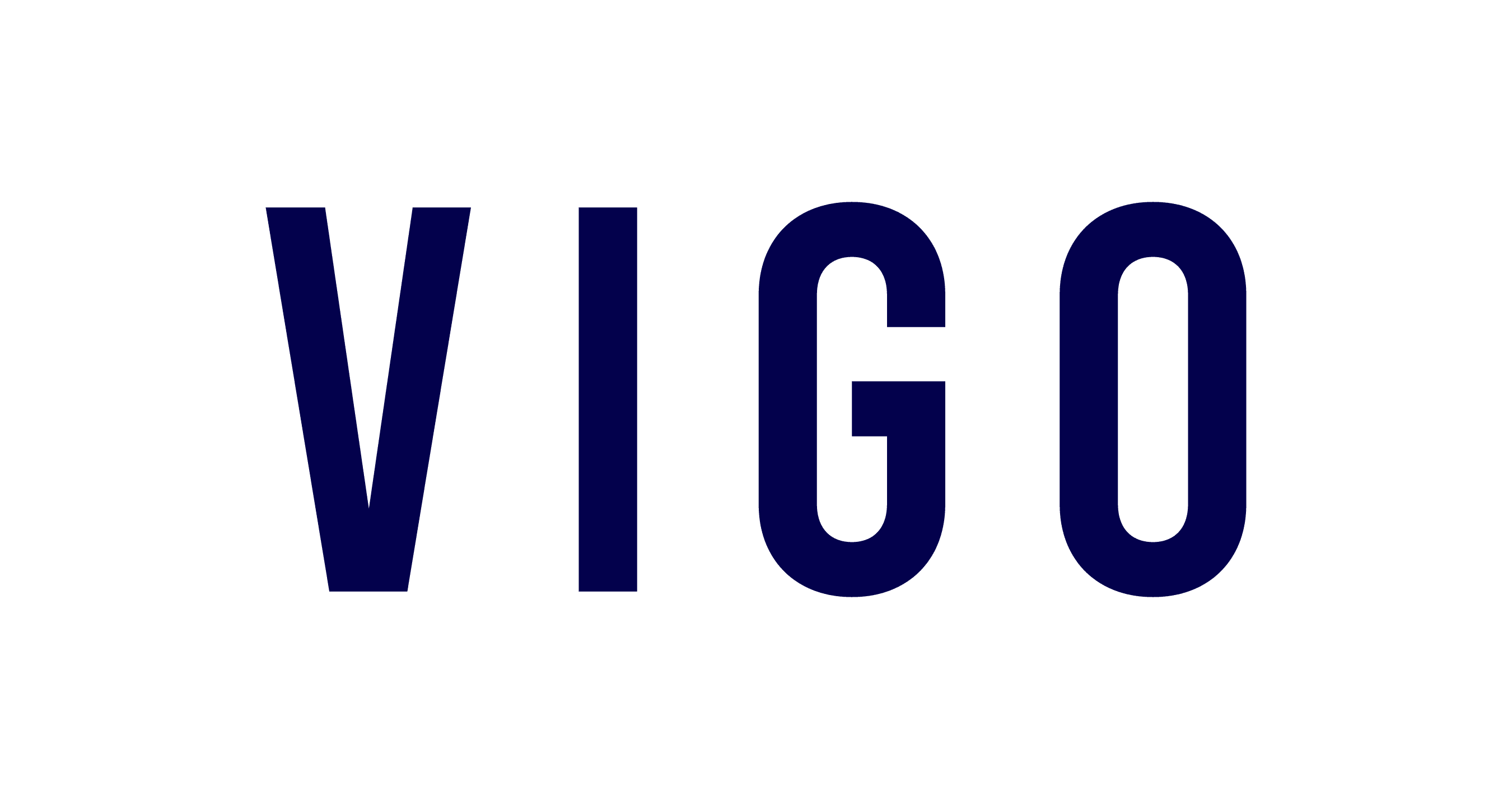Eleven medium- to large-scale collages on paper by Derrick Adams wrap around the mezzanine of the library here, competing for the eye’s attention with a quotation from Langston Hughes, a wall sign reading “General Fiction,” and a whiteboard advertising ample family programming for the day. It’s a perfectly unusual place for an exhibition that tests out different ideas about abstraction, fashion, art history, patterning, biography, and the archival impulse.
Adams is known for placing formal movements in art and architecture (Minimalism, deconstructivism) in playful dialogue with, say, the global trade in West African textiles or the history of racial stereotyping on television. He spent a year at the Schomburg Center for Research in Black Culture, next door to the library, poring over the work of the late fashion designer Patrick Kelly. A Mississippi native who slugged it out in New York before an anonymous patron bought him a one-way ticket to France, Kelly was a rising star in the firmament of Parisian prêt-à-porter, the first American designer of colour to be accepted into the ultraconservative syndicate governing the world of ready-to-wear. Then, on the brink of financial stability, he died of AIDS, on New Year’s Day, 1990, at the age of thirty-five.
Adams’s show is rare among archival projects in that the formal propositions of the intervening artist confidently match the fascinating dimensions of the historical subject. The collages move from a strict red, yellow, and navy palette with works such as Runway No. 1 and Runway No. 4 (all works 2017) to an exuberant suite of images featuring animal patterns, glitter, and beading, including Prints Are In and Semi Formal. Two vitrines of source materials (sketches, magazine clippings) reveal the extent to which Adams has made visual.


